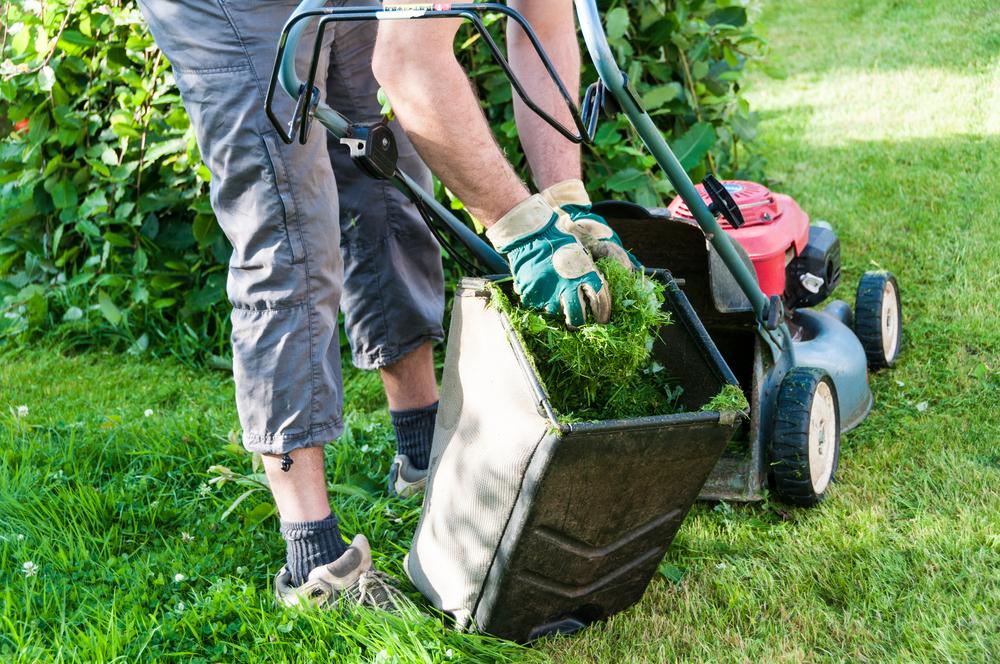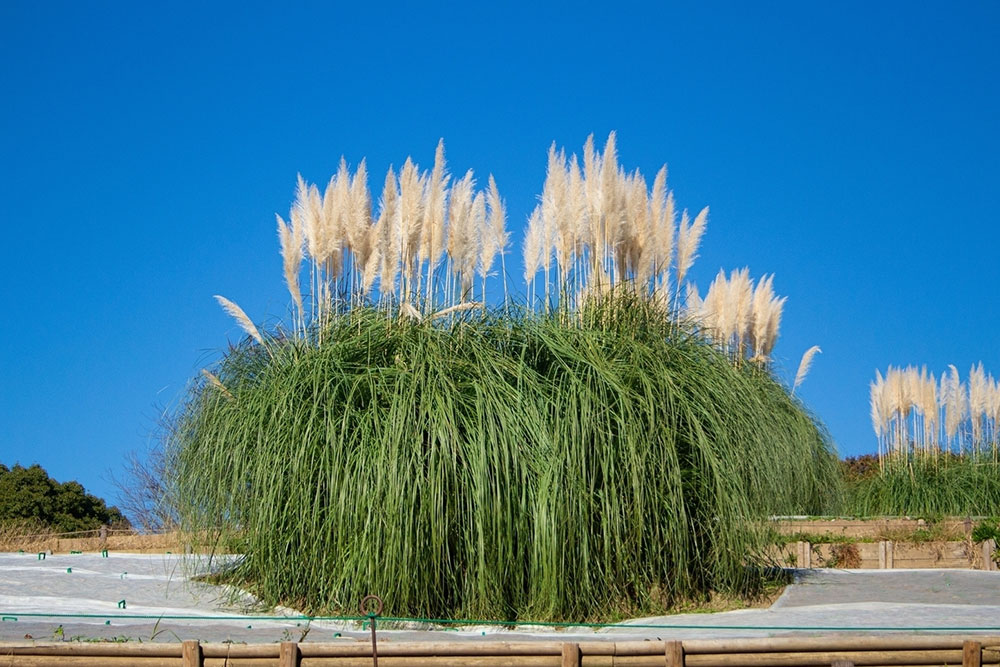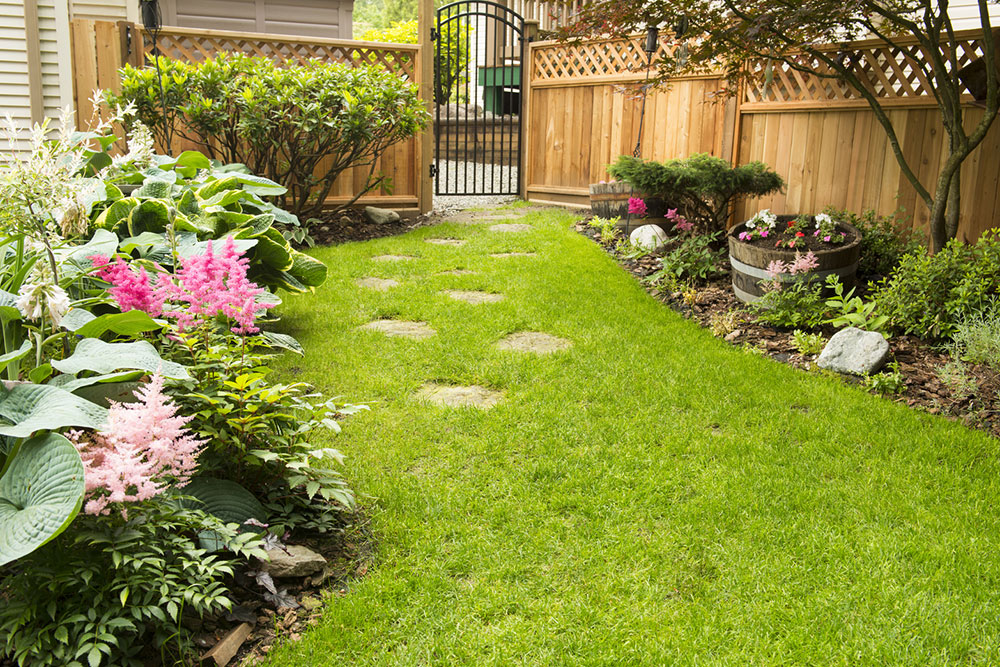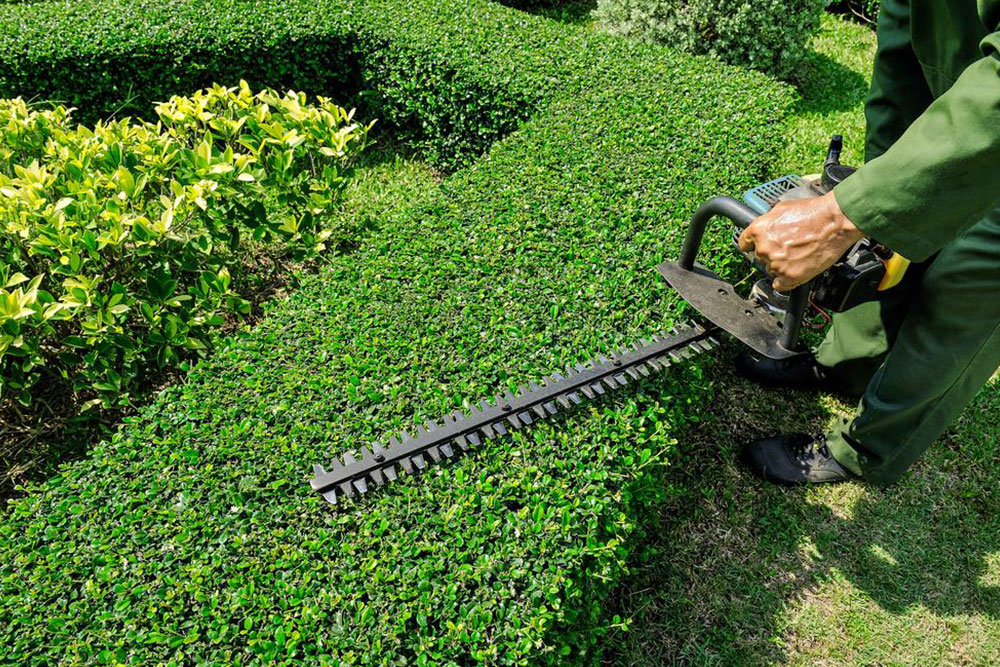Natural and Eco-Friendly Solutions to Manage Aphid Infestations in Your Garden
Discover comprehensive, eco-friendly approaches to control aphid infestations naturally. This guide highlights biological controls, companion planting, and organic techniques suitable for sustainable gardening. Protect your plants and promote a healthy ecosystem with proven natural strategies.
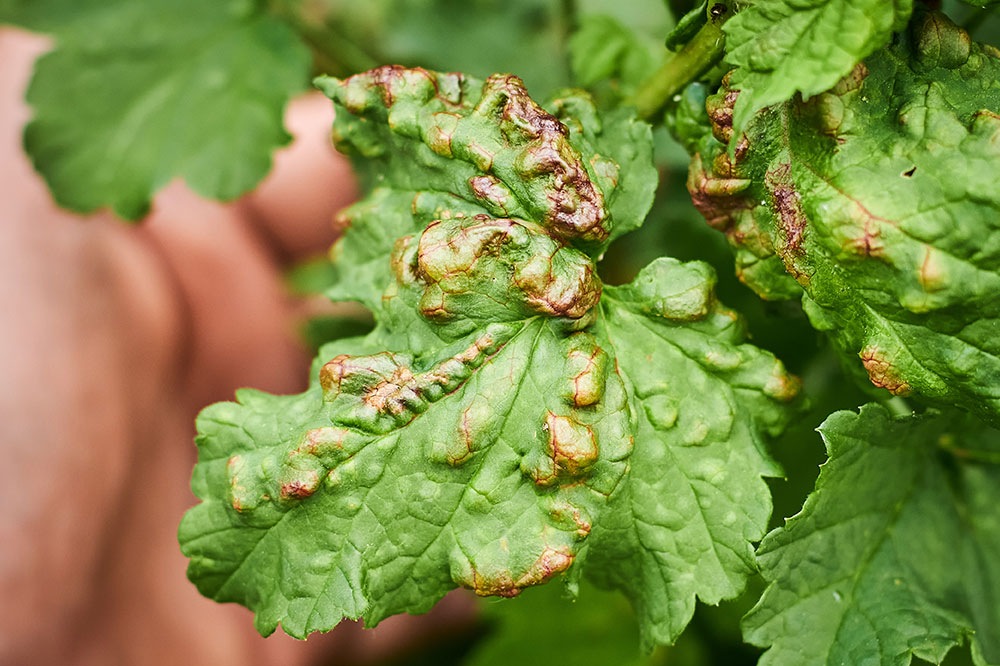
Comprehensive Natural Strategies to Control Aphids Effectively
Aphids, commonly known as greenflies and blackflies, are small sap-sucking insects that frequently appear in gardens and on plants worldwide. While the presence of a few aphids is normal and usually harmless to plants, large infestations can lead to serious issues, including distorted growth, yellowing leaves, and increased vulnerability to disease. Damage caused by aphids can also promote mold growth through honeydew secretion, further harming plant health. Therefore, employing environmentally friendly and sustainable methods to combat these pests is vital for maintaining a healthy garden ecosystem.
Identifying Aphid Damage and Infestation Signs
Aphids are tiny insects that often go unnoticed due to their small size. They display a range of colors, including white, black, brown, yellow, green, and pink. Recognizing their impact early on is crucial for effective management. Common symptoms of aphid infestation include:
Deformed, curled, or yellowing leaves which indicate feeding stress
Honeydew secretion, a sticky substance that attracts other pests and promotes mold growth
Sooty mold developing on foliage and stems, caused by mold spores feeding on honeydew
Distorted or poorly developed flowers and fruits
Galls or abnormal swellings forming on roots, stems, and leaves
The spread of viral diseases, which can severely weaken or kill plants
Effective management of aphids without synthetic chemicals is achievable through natural methods. The following strategies leverage ecological balance and biological control to reduce aphid populations naturally:
Promote Natural Predators: Encourage beneficial insects such as ladybugs, lacewings, parasitic wasps, and hoverflies, which feed on aphids and help control their numbers. Creating diversified habitats with native plants, flower borders, and nesting sites attracts these predators and provides sustainable pest control. Additionally, some birds like wrens, chickadees, and swallows hunt aphids, so planting shrubs and trees offers nesting and foraging opportunities.
Companion Planting: The strategic planting of certain plants can serve both as a natural repellent and as a trap for aphids. For example:
To attract aphid predators: Clovers, mint, dill, fennel, yarrow, and cosmos support beneficial insects.
To deter aphids: Garlic, chives, onions, alliums, and catnip planted near susceptible plants like lettuce, peas, and roses help repel aphid attacks.
To trap aphids: Zinnias, dahlias, mustard, and nasturtiums attract aphids away from main crops, acting as sacrificial plants.
Implementing organic control methods is an effective way to manage aphid populations while preserving the garden’s ecological balance. Consider the following natural techniques:
Water Jet Spray: A vigorous spray with a garden hose can dislodge aphids from plant surfaces, especially on resilient leaves. Regular spraying can reduce aphid numbers significantly and encourage natural detachment.
Manual Removal: For small infestations, handpicking aphids with gloves and dropping them into a container of soapy water is practical. Pruning heavily infested branches or leaves ensures the pest does not spread further.
Soap and Water Solution: Mixing plant-safe soap (such as insecticidal soap) with water creates a gentle yet effective spray. Applying this solution thoroughly—especially on leaf undersides where eggs hatch—helps suffocate aphids and disrupt their life cycle.
Neem Oil: Derived from the neem tree, this natural pesticide repels many garden pests, including aphids. It should be applied carefully, following label instructions, to prevent harming beneficial insects.
Essential Oils: Diluted essential oils like peppermint, clove, rosemary, and thyme are effective repellents. When mixed with water and sprayed on targeted plants, they create an aromatic barrier that deters aphids.
Diatomaceous Earth: This organic, abrasive powder dehydrates soft-bodied insects like aphids through physical damage. Apply it around plants, avoiding flowering parts to protect pollinators.
Isopropanol Spray: Diluted rubbing alcohol can be used as a spot treatment on heavily infested leaves. It kills aphids on contact but should be used cautiously to avoid plant damage.
Maintaining pest-free plants using these natural methods not only protects your garden's biodiversity but also reduces chemical residues, making your garden safer for children, pets, and beneficial insects.
Incorporating these eco-friendly strategies into your regular garden maintenance routine can lead to healthier plants, increased yields, and a more sustainable environment. Natural aphid management is a vital part of organic gardening, enabling gardeners to handle pests effectively without compromising ecological integrity.

